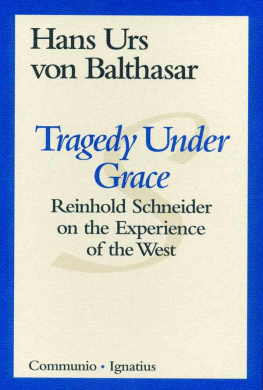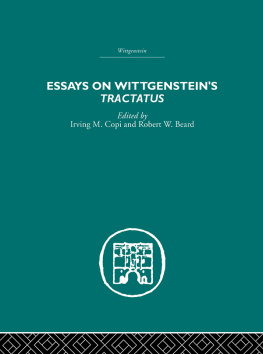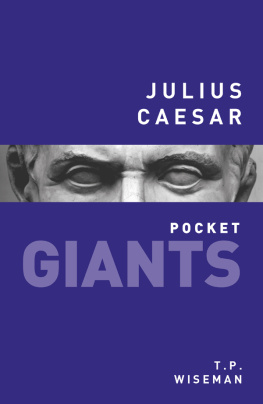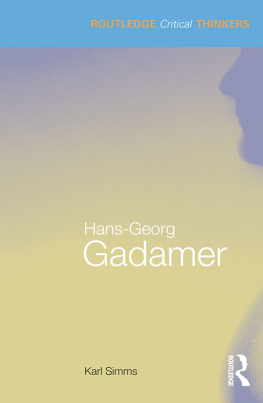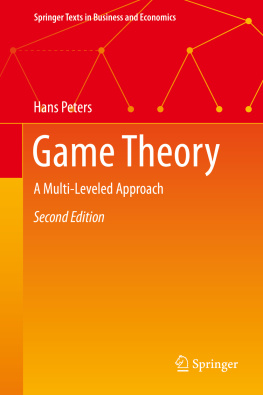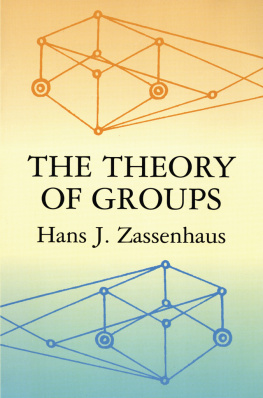Schneider Hans Julius - Wittgensteins later theory of meaning: imagination and calculation
Here you can read online Schneider Hans Julius - Wittgensteins later theory of meaning: imagination and calculation full text of the book (entire story) in english for free. Download pdf and epub, get meaning, cover and reviews about this ebook. City: Hoboken, year: 2014;2013, publisher: Wiley, genre: Home and family. Description of the work, (preface) as well as reviews are available. Best literature library LitArk.com created for fans of good reading and offers a wide selection of genres:
Romance novel
Science fiction
Adventure
Detective
Science
History
Home and family
Prose
Art
Politics
Computer
Non-fiction
Religion
Business
Children
Humor
Choose a favorite category and find really read worthwhile books. Enjoy immersion in the world of imagination, feel the emotions of the characters or learn something new for yourself, make an fascinating discovery.

- Book:Wittgensteins later theory of meaning: imagination and calculation
- Author:
- Publisher:Wiley
- Genre:
- Year:2014;2013
- City:Hoboken
- Rating:5 / 5
- Favourites:Add to favourites
- Your mark:
- 100
- 1
- 2
- 3
- 4
- 5
Wittgensteins later theory of meaning: imagination and calculation: summary, description and annotation
We offer to read an annotation, description, summary or preface (depends on what the author of the book "Wittgensteins later theory of meaning: imagination and calculation" wrote himself). If you haven't found the necessary information about the book — write in the comments, we will try to find it.
Wittgensteins later theory of meaning: imagination and calculation — read online for free the complete book (whole text) full work
Below is the text of the book, divided by pages. System saving the place of the last page read, allows you to conveniently read the book "Wittgensteins later theory of meaning: imagination and calculation" online for free, without having to search again every time where you left off. Put a bookmark, and you can go to the page where you finished reading at any time.
Font size:
Interval:
Bookmark:
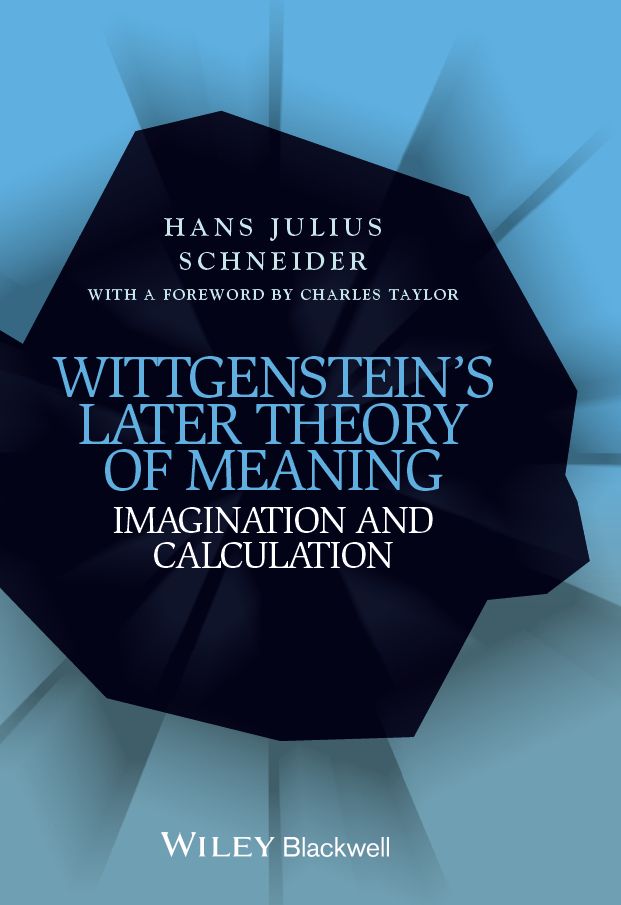

This edition first published 2014
2014 John Wiley & Sons, Inc
Registered Office
John Wiley & Sons, Ltd, The Atrium, Southern Gate, Chichester, West Sussex, PO19 8SQ, UK
Editorial Offices
350 Main Street, Malden, MA 02148-5020, USA
9600 Garsington Road, Oxford, OX4 2DQ, UK
The Atrium, Southern Gate, Chichester, West Sussex, PO19 8SQ, UK
For details of our global editorial offices, for customer services, and for information about how to apply for permission to reuse the copyright material in this book please see our website at www.wiley.com/wiley-blackwell .
The right of Hans Julius Schneider to be identified as the author of this work has been asserted in accordance with the UK Copyright, Designs and Patents Act 1988.
All rights reserved. No part of this publication may be reproduced, stored in a retrieval system, or transmitted, in any form or by any means, electronic, mechanical, photocopying, recording or otherwise, except as permitted by the UK Copyright, Designs and Patents Act 1988, without the prior permission of the publisher.
Wiley also publishes its books in a variety of electronic formats. Some content that appears in print may not be available in electronic books.
Designations used by companies to distinguish their products are often claimed as trademarks. All brand names and product names used in this book are trade names, service marks, trademarks or registered trademarks of their respective owners. The publisher is not associated with any product or vendor mentioned in this book.
Limit of Liability/Disclaimer of Warranty: While the publisher and author(s) have used their best efforts in preparing this book, they make no representations or warranties with respect to the accuracy or completeness of the contents of this book and specifically disclaim any implied warranties of merchantability or fitness for a particular purpose. It is sold on the understanding that the publisher is not engaged in rendering professional services and neither the publisher nor the author shall be liable for damages arising herefrom. If professional advice or other expert assistance is required, the services of a competent professional should be sought.
Library of Congress Cataloging-in-Publication Data
Schneider, Hans Julius.
Wittgensteins later theory of meaning : imagination and calculation / Hans Julius Schneider; Translated from the German by Timothy Doyle and Daniel Smyth.
pages cm
Enlarged and completely revised version of one of the chapters of authors Phantasie und Kalkl, 1992.
Includes bibliographical references and index.
ISBN 978-1-118-64230-6 (cloth)
1. Wittgenstein, Ludwig (Ludwig Josef Johann), 18891951. 2. Language and languagesPhilosophy. I. Title.
B3376.W564S2785 2014
192dc23
2013012714
A catalogue record for this book is available from the British Library.
Cover design by Richard Boxall Design Associates
I would like to thank a number of people for their help in making this publication possible: James Conant was the first to suggest that it would be desirable to supply a complete translation of my original, much larger book Phantasie und Kalkl (Suhrkamp, 1992). But it turned out to be extremely difficult to find a publisher who would be willing to read 560 German pages, let alone to eventually finance their translation.
Later, Robert Brandom proposed to publish in English the systematic core of the book, that is, the chapter on Wittgenstein and the paragraphs surrounding it, using the opportunity to situate the argument in the current philosophical debate. This idea seemed much easier to realize, so a translation had to be furnished. Here I have to thank two people, my student Timothy Doyle who, although he was still working on his dissertation at the time, did (if I may say so) the rough carpentry work, and Daniel Smyth, who is responsible for the (to my mind) perfect final outcome.
I am especially grateful to Charles Taylor for supplying the preface for this book and for a number of encouraging conversations. I would also like to mention the moral support I have received for the project from Joachim Schulte, and from Edith Baller of Suhrkamp. Last but not least I am thankful for the excellent cooperation with Jeff Dean and Lindsay Bourgeois of Wiley Blackwell. And a special thank you goes to Fiona Screen for her extraordinarily thoughtful editing.
By Charles Taylor
This book gets to grips with a central problem in Post-Fregean philosophy; it in fact offers a treatment of linguistic structure in the framework set up by the later Wittgenstein. And since the post-Fregean is one of the dominant strands in Anglophone analytic philosophy today, the issue has great importance for analytic philosophies of language.
Gottlob Frege, the great 19th-century German philosopher of mathematics, was channeled into the Anglophone world partly by Bertrand Russell around the beginning of the last century. Russell had emancipated himself from his early period under the sway of the English Hegelians, and had reverted to an epistemlogical view based on the great 17th-century empiricists, the so-called way of ideas, soon to be re-baptized sense data.
Another route through which Freges work entered the English-speaking world was via the Vienna positivists, who gathered in the early century around Ernst Mach. These, too, combined Frege with a basically Humean epistemology. Originally, this movement had little to do with the English-speaking world, but the rise of Nazi-ism forced some of its best minds to emigrate, mostly to the United States.
Their temper was rationalist, tough-minded, suspicious of metaphysics. Their idea of properly valid discourse was the discourse of science, augmented by truths about observable objects of common experience. So the work of Frege enters the English-speaking world partly as a resource for a streamlined, rationalist, highly systematized view of language. His contribution to this was considerable: not only did he clarify the basic structure of the proposition as concept and object, but he also greatly enlarged the scope of logical connection through his invention of the logic of quantification.
One of the sites of this streamlined logical systematization was in the theories of linguistic competence, such as in the work of Michael Dummett and Donald Davidson. One of the widely noticed phenomena of our language competence from Humboldt to Chomsky was our ability to put finite resources to infinite ends. With a large, but not unlimited stock of words, we are able to create and/or understand an indefinite number of new sentences. Davidson proposes that we understand this competence as the mastery of a theory in which we can derive the truth conditions of declarative sentences from a combination of axioms attributing meaning to referring expressions and predicate terms.
Another terrain of systematization was the tracing of deductive relations between propositions with different ontological commitments. The resources of Fregean logic, including truth-functionality and quantification, make it possible to organize a host of possible sayables as derivations from more basic assertions. In this way, the products of our depictive power can be organized, one might say regimented, in relation to more basic depictions. This defined what Robert Brandom refers to as the classical program of semantic analysis. He sees this concern as lying at the heart of analytical philosophy: I think of analytic philosophy as having at its center a concern with semantic relations between what I will call vocabularies. Its characteristic form of question is whether, and in what way, one can make sense of the meanings expressed by
Next pageFont size:
Interval:
Bookmark:
Similar books «Wittgensteins later theory of meaning: imagination and calculation»
Look at similar books to Wittgensteins later theory of meaning: imagination and calculation. We have selected literature similar in name and meaning in the hope of providing readers with more options to find new, interesting, not yet read works.
Discussion, reviews of the book Wittgensteins later theory of meaning: imagination and calculation and just readers' own opinions. Leave your comments, write what you think about the work, its meaning or the main characters. Specify what exactly you liked and what you didn't like, and why you think so.


